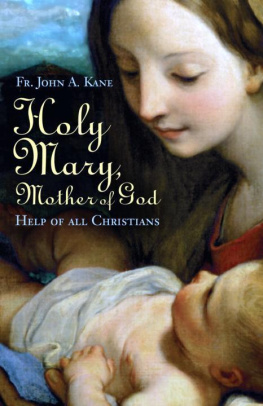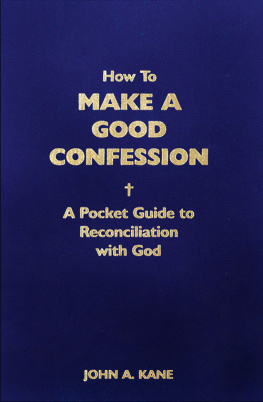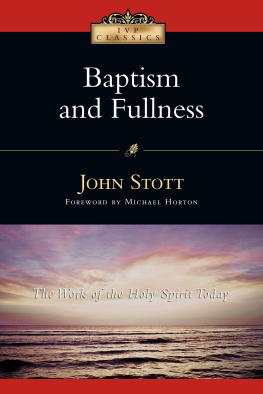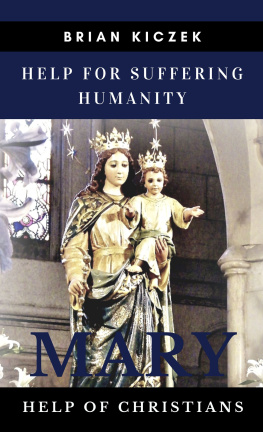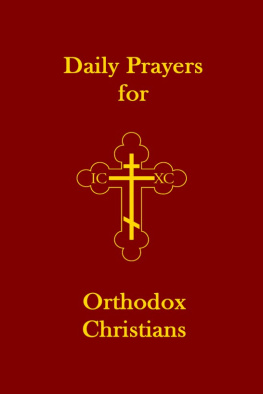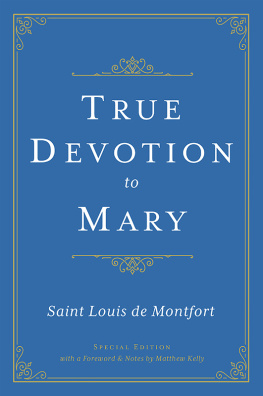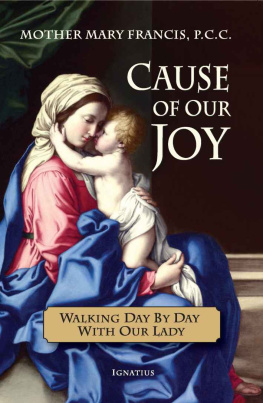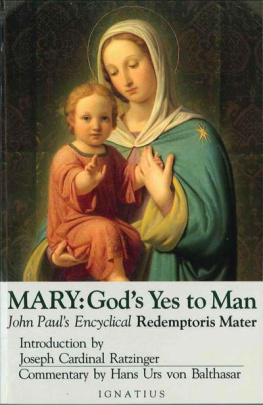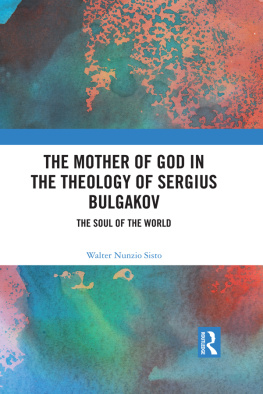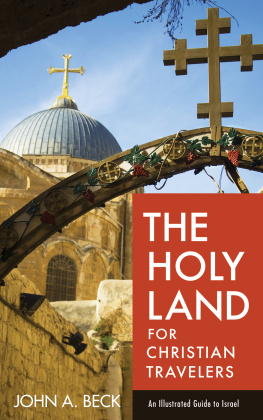Other books
from Sophia Institute Press
by John A. Kane:
How to Make a Good Confession
Transforming Your Life
Through the Eucharist
John A. Kane
Help of All Christians






Editor's note: The biblical references in the following pages are based on the Douay-Rheims edition of the Old and New Testaments. Where applicable, quotations have been cross-referenced with the differing names and numeration in the Revised Standard Version, using the following symbol:
xiii
Chapter One
Chapter Two
Chapter Three
Chapter Four
Chapter Five
Chapter Six
Chapter Seven
Chapter Eight
Chapter Nine
Chapter Ten
Chapter Eleven
Chapter Twelve
Chapter Thirteen
Chapter Fourteen
Chapter Fifteen
Chapter Sixteen
Chapter Seventeen
Chapter Eighteen
Chapter Nineteen
Chapter Twenty
Chapter Twenty-One
Chapter Twenty-Two
Chapter Twenty-Three
Chapter Twenty-Four
Chapter Twenty-Five
Chapter Twenty-Six
Chapter Twenty-Seven
Chapter Twenty-Eight
Chapter Twenty-Nine
Chapter Thirty
Chapter Thirty-One
Chapter Thirty-Two
Chapter Thirty-Three
Chapter Thirty-Four
Chapter Thirty-Five
Chapter Thirty-Six
Chapter Thirty-Seven
Chapter Thirty-Eight
Chapter Thirty-Nine
Chapter Forty
Biographical note
The claim of our Blessed Lady to an essential place in the universal religion is unquestionable, inalienable. The consciousness of that fact was curiously manifested when, in 1865, Catholic missionaries entered Nagasaki, Japan, where no priest had been for more than two hundred years. A little group of hereditary Christians who lived there asked three questions of the newcomers, to determine whether or not they were really priests of that same ancient Faith which the edict of the shogun had suppressed in 1614: Did they obey the Bishop of Rome? Did they observe celibacy? Did they venerate the Mother of God? The sure instinct of Catholic faith thus hit upon the three central points of dogma, Catholic discipline, and Catholic devotion.
It would be dishonest for Catholics to deny the superficial differences in the sentiments with which Christians of all ages have exercised the right to look upon Mary, the Mother of Jesus, as their mother also. Likewise, it would be unpardonable for Protestants to ignore the substantial identity of those sentiments. In so exercising that right, they are but claiming the legacy bequeathed to them on Calvary, when St. John stood there - a sort of Adam - as our representative and heard the words "Behold thy mother." To be sure, from race to race, from age to age, from man to man, Catholic devotion does make its way along an amazing variety of approaches, but it remains ever the same in essential faith and love and loyalty. The shining of the same light is reflected in the all but tacit assumptions of the Gospel, in the rich rhetoric of the early Fathers, in the prose and poetry of Asiatic and European, Greek and Latin, Italian and Celt and Saxon.
Here in this book, another voice is lifted up. The author has joined that long procession which includes Ephraim and Chrysostom, Ambrose, Augustine and Jerome, Bernard and Thomas, Alphonsus and Newman and Faber and Claudel. Again we hear that sonorous, never-ending chant which marvelously - like the apostolic sermon on the first Pentecost - is understood by Here, in America in our day, the soul of a priest is focused in meditation on the Mother of Jesus - her relationship to God, her relationship to us. And the result of his thinking, offered in this book, is simple and reverent enough to be fittingly offered to her whom all generations call blessed. It is solid and balanced and luminous enough to support, reassure, and enlighten thousands of her children.
Joseph McSorley, C.S.P.
If Christ is not the rock upon which rests the spiritual edifice of our sanctification, then the edifice is doomed, and great will be the fall thereof. But if the edifice is founded upon Christ, then the winds of the tempter may blow and the rains of his temptations may fall and the floods of passion may rise and beat upon that
We must be one with Christ because, Christ being our Mediator with His eternal Father, it is only "by Him and in Him and through Him that we can render all honor and glory" to the Father in the unity of the Holy Spirit. It is only through Christ that we can be holy ourselves and radiate holiness around us.
Now, devotion to Mary is devotion to Christ, because Mary has given us Christ. The humble Virgin was chosen by the eternal Father to shed upon a sinful world, without lesion to her glorious virginity, its eternal light: Jesus Christ, our Lord, the Savior of men.
Mary's intimate union with her divine Son is the reason for her power with Him. "He that shall find me shall "who has given us His Son through Mary, has willed that we should obtain the graces He has merited for us by the intercession of Mary."
God, all-powerful though He is, could not bestow upon a creature a degree of honor higher than that conferred on His mother. He could not make her divine by nature, but He has, through the grace that He so freely lavished on her in virtue of the divine maternity, made her inseparable from Him in the salvation of souls. The heart of Christ and the heart of Mary beat in unison. When we love and honor the mother, we must necessarily love and honor the Son. The closer the union with Mary, the more intimate the association with Christ. He who will not have Mary for his mother, cannot have Christ for his Brother. The indissoluble union of Jesus and Mary established by the eternal Father and the Holy Spirit is the best proof of Mary's love for Christ and, consequently, for souls redeemed by the blood of Christ. Mary loves Christ because she is His mother, and she loves us because she is ` brought us forth to a life of grace and thus became our spiritual mother.

